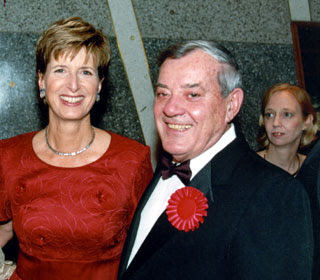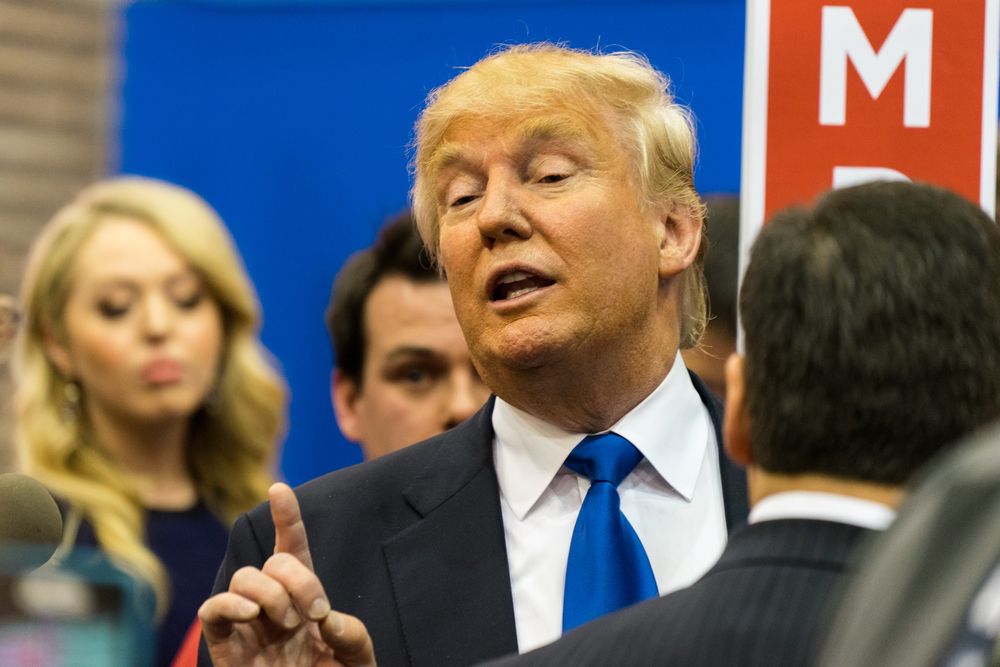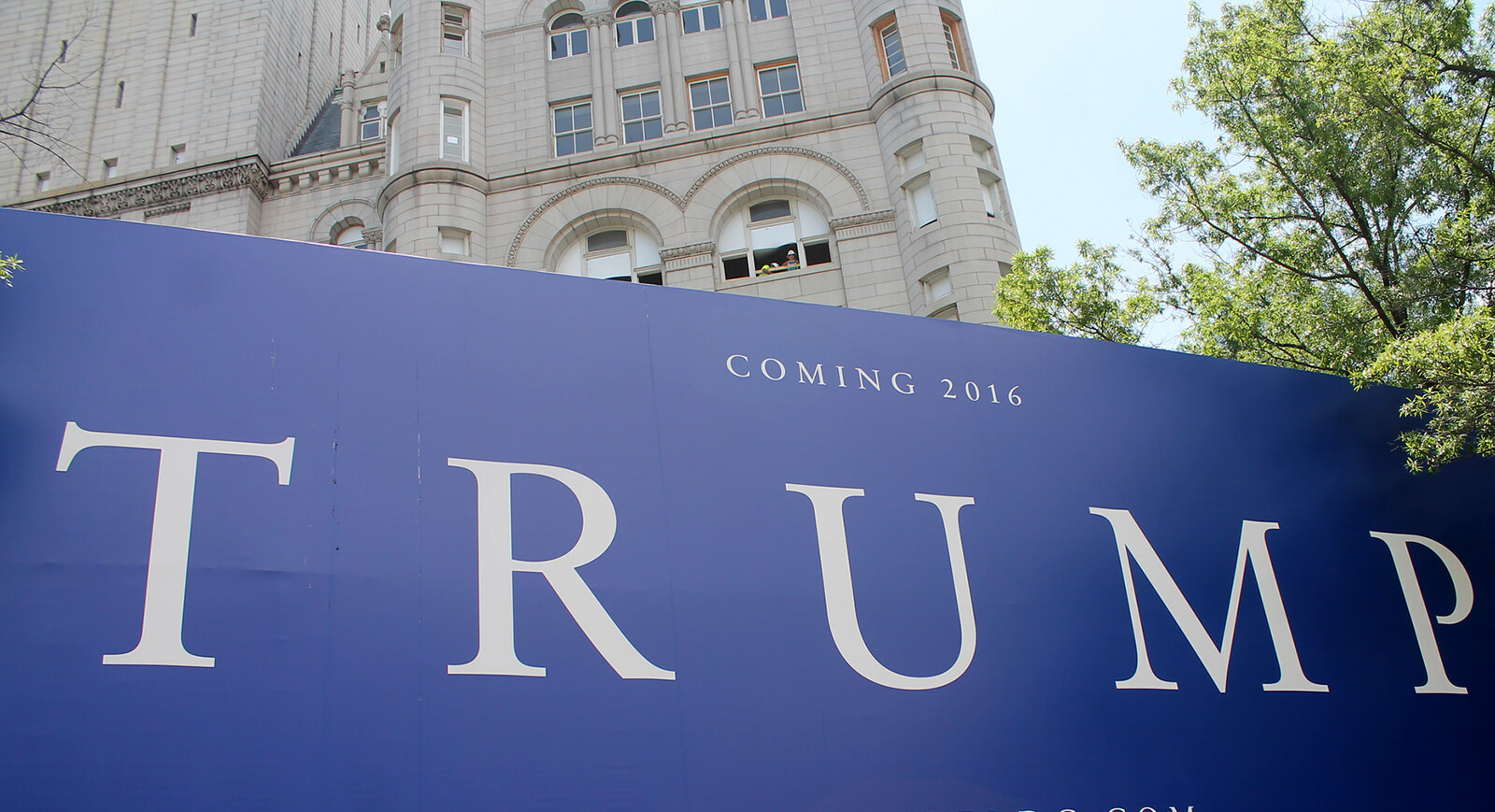Photo: Ray Durante with EPA Administrator Christine Todd-Whitman
By Llewellyn King
Raymond “Ray” Durante, who died at the beginning of December age 88, was a consummate man of the atom. For more than 50 years, in government and in private sector work, Ray championed the nuclear promise.
He was also a man of family, and a man of friendship. I was lucky to be his friend.
Ray was a proud graduate of the Stevens Institute of Technology in Hoboken, NJ, where he earned a bachelor’s in mechanical engineering and a master’s in industrial engineering. He was a passionate supporter of the university, and remained absorbed in its alumni activities until the end of his life. Every Christmas, he and his wife, Dorothy, who died this fall, hosted a party for Stevens alumni and friends at the Congressional Country Club in Potomac, MD. It was staple of the season.
Ray’s career stretched back to assisting in the design and engineering of the Savannah River Site in South Carolina, and submarine design. For the Department of the Interior, he was the manager of the Balsa Island Project, a plan in California to build nuclear plants that would produce electricity and desalinate water for Southern California.
When I met Ray, he was vice president for energy systems in the Washington office of Westinghouse Electric Corporation. He was all over the town: in and out of government offices, on Capitol Hill and at the White House.
Ray, with his capacity for friendship, worked well with both Democrats and Republicans. In that time, which cannot be recaptured, people who favored nuclear worked together across party lines. There was a nuclear establishment that believed in a whole-hearted, now-forgotten creed that nuclear would carry mankind forward, that it was a blessing.
Ray was caught up in the energy crisis of the 1970s and strongly believed nuclear power was the ideal way to generate electricity and provide process heat. Natural gas was, at that time, considered a depleted resource, oil was thought to going the same way, and renewables were only a dream. Coal and nuclear stood alone.
Over the years, his work included yeoman efforts on the technology of food irradiation and licensing Canada’s natural uranium-fueled reactor in the United States. For more than 50 years, if it was nuclear, Ray was there hands on.
His devotion to his family was just as complete. He was never happier than when he was building houses with his three sons on property in Ocean City, MD. He was also an accomplished cabinetmaker and did much of the finish work on his own home in Potomac.
He reveled in his family. As it grew to eight grandchildren and two great-grandchildren, his joy grew with them.
He was palpably proud of and close to his granddaughter Maggie Rose Durante, a charted country singer, who goes as “Maggie Rose” professionally. Ray was looking forward to one of her concerts when he died.
I do not know if Ray could sing. But I do know that as a friend and a father, he hit all the right notes.









